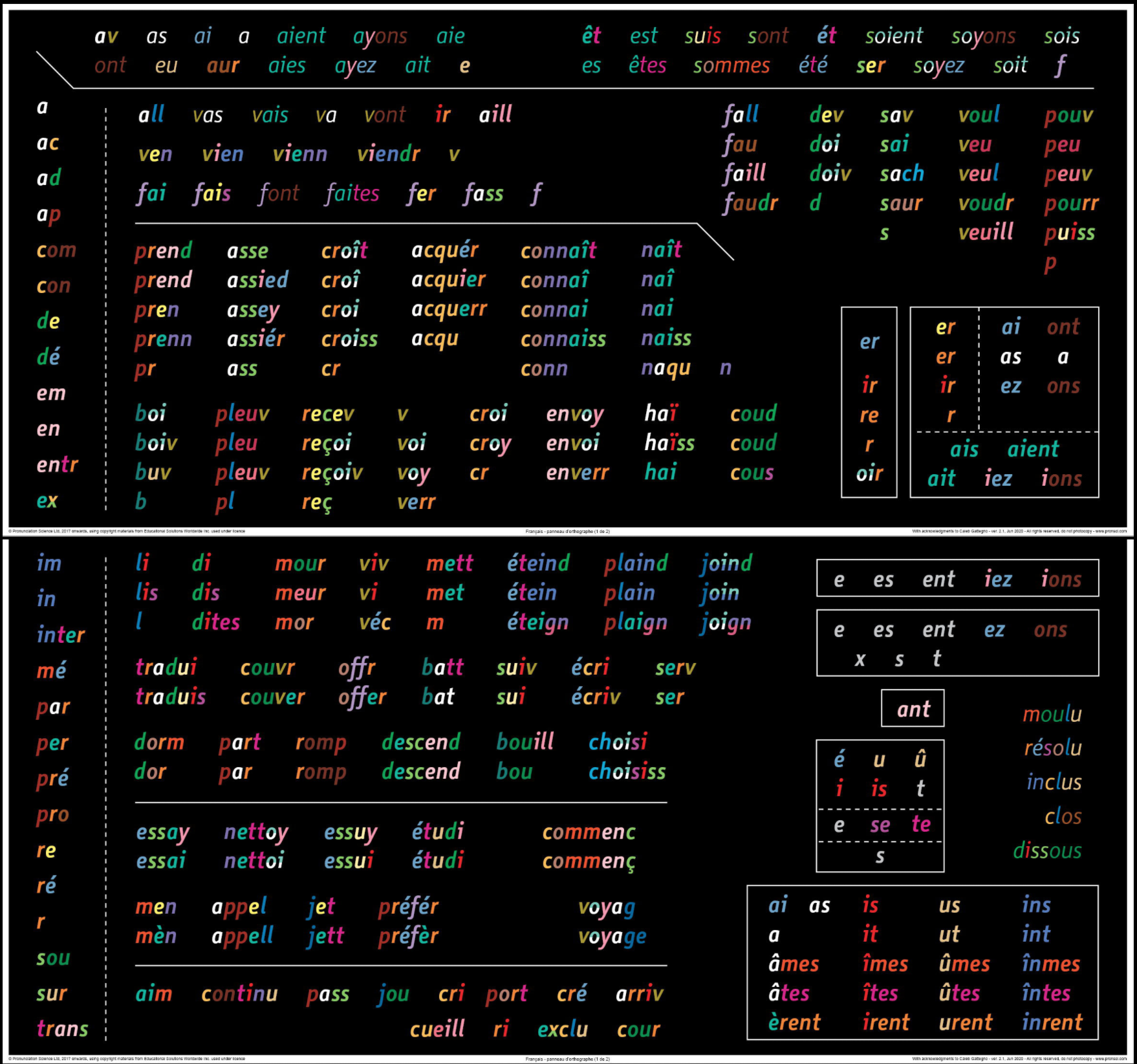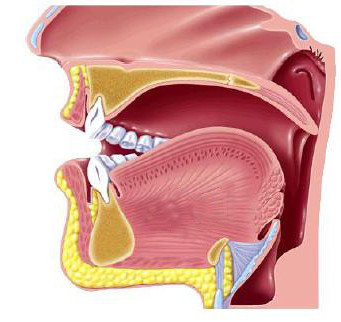How long does it take to be able to play the piano?
How long does it take to be able to cook?
How long does it take to learn to swim?
It depends.
What’s your starting level? Do you have related skills? What exactly do you want to achieve? How will you know if you’ve achieved it??…
Okay, starting from scratch, if it’s my first foreign language, how much time do I need to study to be comfortable having conversation in this language, with native speakers?

It depends.
Some people do intensive learning programs, studying 8 hours a day, while others have on and off lessons at the pace of 3 or 4 hours a month. While the first ones may see their first satisfying results in a matter of months, others will need years to achieve their goals. And of course, there’s a big difference between “I’ve covered all three levels of the textbook” (or all five modules of that school) and “I’m comfortable having conversations with native speakers”.
Still, some answers can be given.
First of all, when wondering how long it takes, it’s really important to be clear about the goals. Between “not drowning” and “becoming the next Phelps”, being a good swimmer can mean a world of different things. This means also: be careful about technical descriptions of language levels, such as ‘B2’ or ‘Intermediate 1’ — they might not really reflect what you’d actually like to be able to do. What’s the point of passing an exam if your objective was speaking with other people, but most of what you can do is writing essays and completing grammar exercises?
One thing seems to be sure, though: getting momentum does help progressing faster. It’s likely that you’ll need roughly the same number of hours whether you study everyday or once a week. Which means with a slower pace it will take longer to reach your goals. But it’s only ‘roughly’ the same number of hours, because students get more benefits from more frequent lessons. There’s a lot of literature on how much momentum is important when learning a skill, and those who study more regularly always tend to get better results.
It’s always more tempting to buy a shampoo that will solve all our hair problems in just a few days. And it’s more appealing to sign up to a course that claims fast and effortless results. Question is: will we get our money back if the promised results are not achieved? Or will they trick us into thinking we didn’t make it because we didn’t do it right? When learning a language, make sure you know what you do it for. What precisely do you want to be able to do? And set your own timeline: if you decide that you want to reach your objectives by the end of the year, then you’ll do what it takes to get there. Make it your own journey, and be sure to enjoy every step of it!





Leave a Reply